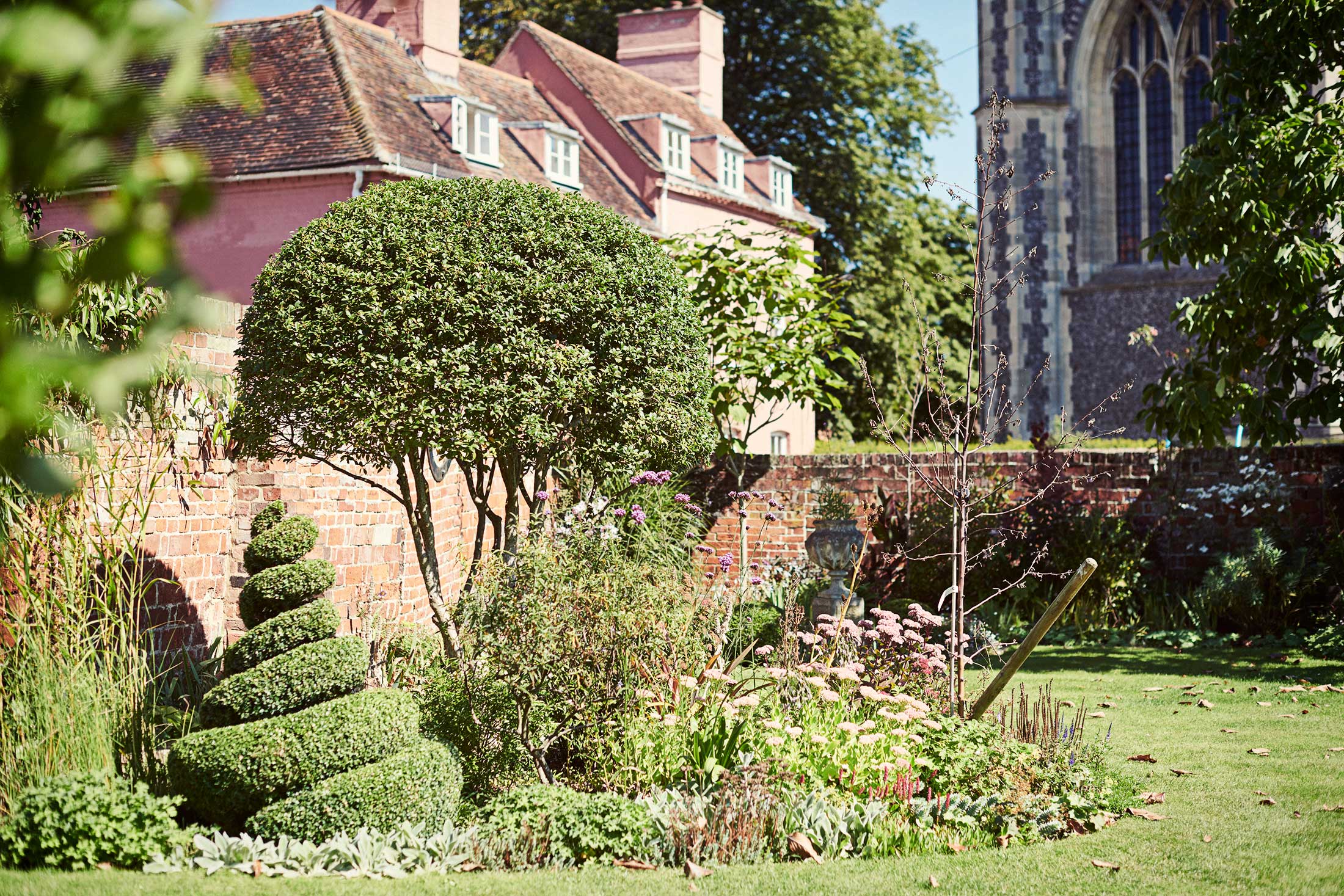Local attractions in Colchester

PROPERTY VALUE
Get an accurate property valuation, with just a few details…
GET A VALUATION

By Megan Fleming - 26 July 2021
As the Met Office has now issued a somewhat hopeful update regarding a potential August heatwave, promising “settled, drier and warmer” conditions we have began to think about the ways in which we can beat the heat and keep our gardens looking beautiful. Even when you are prepared, high levels of heat and strong sun exposure can scorch your garden very quickly.
If you are in need of some assistance with keeping your garden healthy, whether you’re a gardening novice or you have green fingers and are always looking for some more tips then look no further because we have some simple tips to help your garden survive any upcoming heatwaves!
If you are wondering what mulch is, it can be made from various materials and is commonly placed on top of soil to retain moisture, improve the fertility and health of soil, and regulate temperature.
Therefore, by just adding a layer (of at least 2 inches) on top of your soil it would retain moisture and consequently reduces the amount of watering required for your plants and keeping them healthy throughout the warmer days.
Mulch is also commonly used for aesthetic purposes as it can enhance the visual appeal of an area so don’t panic, it could make you love your garden even more and become a permanent feature!
The leaves of many plants protect them from both the sun, and sunscald. It naturally provides them with some shade, and acts as a barrier from the scorching rays of sun.
It is also best to avoid pruning your plants in the warmer weather as pruning stimulates plant growth, which is likely to make them more tender and fragile. Therefore, they are much more likely to suffer in intense heat.
So, instead allow them to keep themselves cool and in the shade and instead opt for a cooler day to trim your plants!
Just like humans, plants require much more water in the heat in order to survive and avoid dehydration. This means it is essential they have access to more water and are able to drink it when needed.
As a result of this, the best time to water your garden is during times of the day when it is a little cooler – such as early in the morning or in the evening when the sun has gone down.
It is best to avoid watering throughout the day, during a heatwave as the full sun and increased temperatures will mean water is more likely to evaporate and, therefore will not properly wet the soil or hydrate your garden. You should instead aim to thoroughly water them when it is cool.
I know many of us work hard to ensure our lawn is well-maintained and looking pretty, but did you know that during a heatwave it is actually best to leave your grass clippings on your lawn or pile the clippings onto your flower beds
Grass clippings work similarly to mulch, they’ll protect your garden from soaring temperatures and retain moisture, but they will also add back any lost nutrients and hydration. Who knew grass clippings could be so useful?